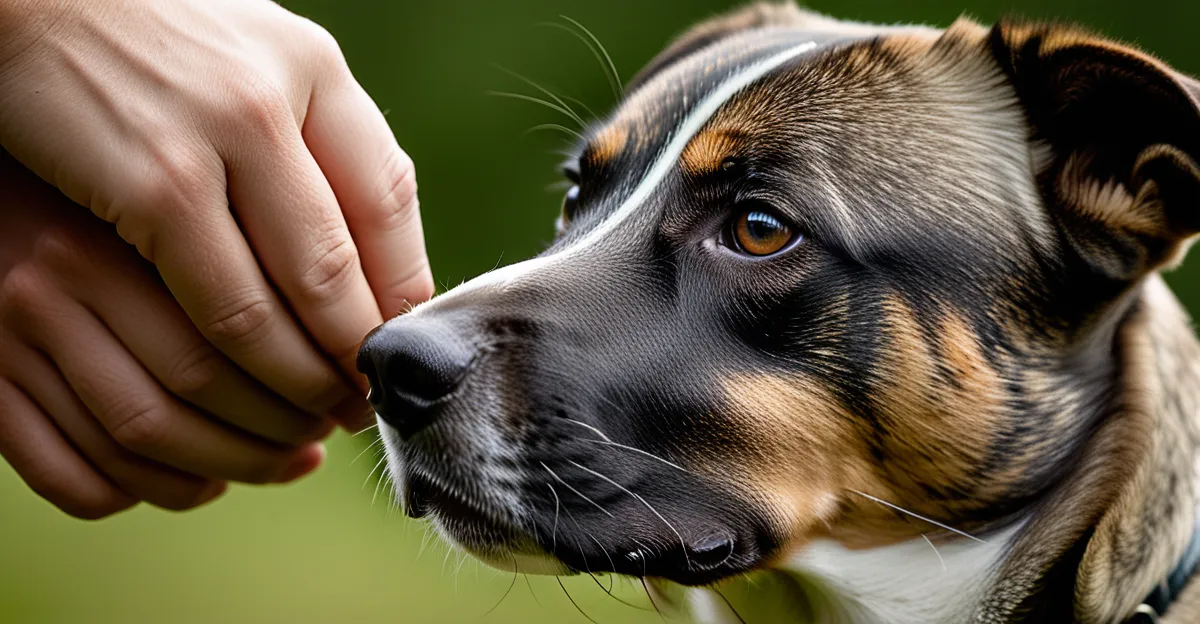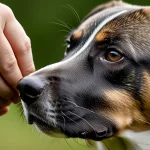Recognising Socialisation Challenges in UK Pets
Understanding pet social behaviour is crucial for any pet owner. Signs of poor socialisation often manifest early and can impact your pet’s wellbeing. Common signs include fearfulness around other animals or people, excessive barking or hissing, and withdrawal during social settings. Noticing these behavioural issues promptly allows for timely intervention.
UK pet breeds vary widely, each with unique socialisation needs. For example, breeds like Border Collies thrive on interaction and mental stimulation, while some terriers may be more reserved or reactive. Cats, too, display distinct social tendencies depending on breed and past experiences. Recognising specific challenges related to these breeds helps tailor socialisation strategies effectively.
In parallel : What are the best UK pet care tips for new owners?
In practice, social difficulties in pets often arise from insufficient early exposure or stressful encounters. Misinterpreting these signs can lead to lasting anxiety or aggression. Being attentive to your pet’s reactions—such as avoidance, freezing, or aggressive posturing—can reveal underlying socialisation struggles. Addressing these early through targeted guidance supports healthier interactions and improves quality of life for UK pets.
Foundations of Effective Pet Socialisation in the UK
Building strong UK pet socialisation begins with creating a safe and calm training environment. A setting free from loud noises and sudden movements helps pets feel secure and open to new experiences. This foundation reduces anxiety, encouraging positive reactions during socialisation sessions.
In parallel : What are the best UK pet care tips for new owners?
Using positive reinforcement and gradual exposure is key. Rewarding pets with treats, praise, or play motivates them to engage with unfamiliar people, animals, or surroundings. Gradually increasing the complexity of social situations prevents overwhelm and supports confidence-building in pets.
Early social experiences, especially for puppies and kittens, play a critical role. During these formative weeks, pets absorb social cues that shape their future interactions. Missing this window can make later socialisation more difficult. Training in this phase should prioritise gentle exposure to various stimuli, promoting adaptability across UK pet breeds.
Focusing on consistent, calm, and positive encounters harnesses the best potential for healthy pet social behaviour. When owners emphasise these foundations, pets develop resilience in social settings and reduce the risk of poor socialisation effects such as fear or aggression.










